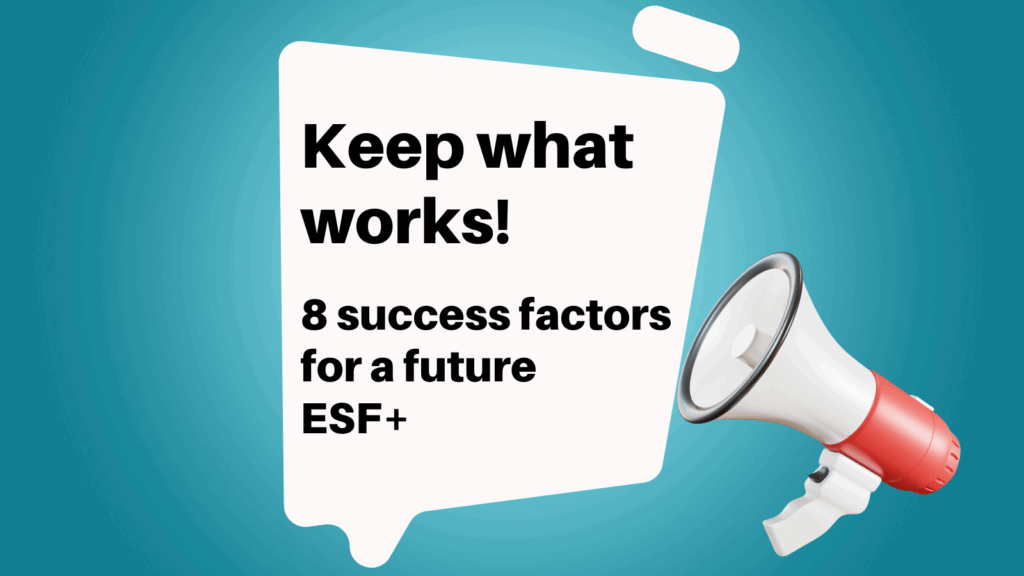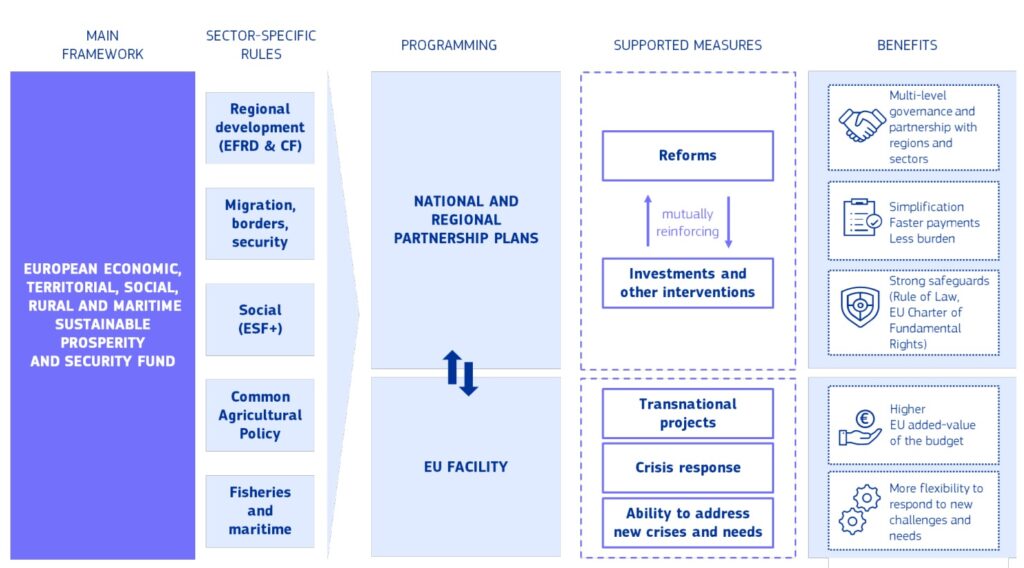In 2020, the European Parliament requested the European Commission to carry out a pilot project on the “Role of the minimum wage in establishing the Universal Labour Guarantee”. Eurofound was entrusted with the implementation of this pilot project (2021–2023). This report examines non-compliance with minimum wage legislation and how Member States approach enforcement.
Minimum wage-setting mechanisms represent a powerful labour market tool. They are binding, and their implementation is widespread across European countries. To design and pursue sound strategies and measures for compliance with and enforcement of minimum wages, it is important to analyse the extent and patterns of non-compliance in as much detail as the available data permit. This is relevant not only to enhancing the effectiveness of interventions but also to making strategic choices in allocating available public resources. Measuring non-compliance is not easy and requires the use of precise information on income and on minimum wage levels, which is often difficult to obtain, as in countries where pay floors are set through collective bargaining at sectoral level such information is seldom available or can be difficult to recover. Enforcing minimum wages is essential, and understanding how enforcement affects compliance is crucial for policymaking. However, data on enforcement and compliance are scarce, and comparison across countries is difficult.
In the EU, non-compliance with statutory or negotiated minimum wages averages 6.93% or 1.3%, depending on the statistics used. The lowest national estimate is 0.01% in Belgium and the highest is 11.59% in Hungary. It mostly affects young workers, those on fixed-term or part-time contracts and those working for small companies. It is more common in services than in manufacturing and is characterised by shorter working time. Member States monitor, enforce and promote compliance in similar ways, although with some differences. This report identifies hindering and enabling factors. Some countries focus on specific economic sectors, such as construction, domestic work, platform work, agriculture and meat processing. National authorities often enforce minimum wages indirectly by helping employers comply, raising workers’ awareness, and helping stakeholders increase cooperation and develop faster procedures. Combining these soft initiatives with tougher measures increases the effectiveness of inspectorates’ actions in enforcing compliance with minimum wages.
You can find the report here.





